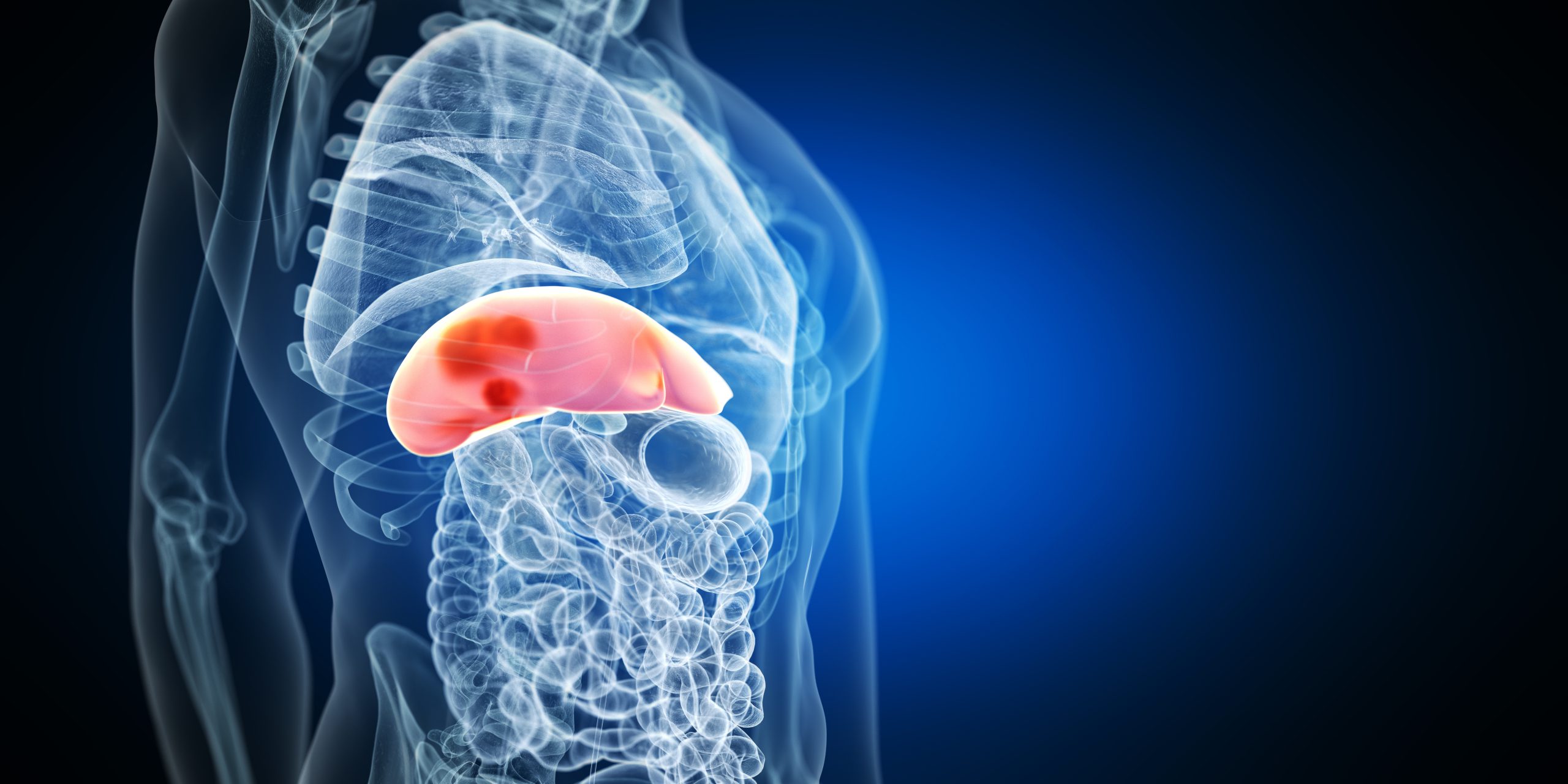“Unbeknownst to me, I was walking around with stage four colon cancer,” says Fairfield, Calif. resident Denise Hathcock. “My life expectancy was four years. I was told to travel and enjoy my family.”
The news Hathcock received in February of 2020 was jarring. Even more so because she didn’t show any symptoms of cancer and lived a healthy, active lifestyle. But she never expected to hear what came next: she also had liver cancer.
Research shows the primary cause of death in those diagnosed with colon cancer is when it spreads to the liver. But for Hathcock, hope was not lost.
Thanks to a novel procedure led by Dr. Gauri Kelekar, gastrointestinal oncologist at Sutter’s CPMC and Dr. Casey Ward, surgeon specializing in liver cancer and liver transplantation at CPMC, Hathcock is beating the odds more than five years after diagnosis of the life-threatening disease.
The Hepatic Artery Infusion program, part of Sutter’s Advanced Organ Therapy and Transplant Program at CPMC, is one of few in Northern California that offers liver-directed chemotherapy for patients whose colorectal cancer spreads to the liver or who have advanced bile duct cancer.
“Our HAI program is one pillar of our innovative, multidisciplinary approach to cancer care,” says Dr. Ward. “Our goal is to provide every patient with every possible opportunity for potential cure, including transplant. HAI can be a pivotal bridge for some patients.”
Dr. Ward says more than 50% of all colorectal cancer patients develop liver metastases. For patients with unresectable liver metastases, or tumors that cannot be completely removed surgically, the five-year survival rate is less than 15% with current chemotherapy regimens. So, more treatment options are needed to help individuals with cancer live longer and feel better.
Determined to Find Treatment

“I have cancer. Cancer does not have me,” says Hathcock.
Through the side effects of chemotherapy infusions and treatments like liver ablation therapy, Hathcock and her family stayed optimistic about the next step.
“As I’ve learned, cancer is very smart and sneaky,” she says. “It likes to hide only to resurface. The highs and lows are relentless. My cancer progression was becoming a concern.”
In January, Hathcock met with Dr. Ward and learned about the possibilities of HAI in slowing the growth of her liver cancer. According to Dr. Ward, Hathcock was a “perfect candidate” because the tumors in her liver were resistant to chemotherapy. The partnership and collaboration between Dr. Ward and Dr. Kelekar through the Advanced Organ Therapies program and the Cancer Center at CPMC provided an innovative, multidisciplinary approach to Hathcock’s care.
“We’re at the forefront of a new era, driving revolutionary cancer care,” says Dr. Robert Osorio, chair of the Advanced Organ Therapies Program and surgeon specializing in liver disease, liver transplantation and cancer.
“The Advanced Organ Therapies program is focused on providing our patients access to cutting-edge treatments that can improve their quality of life. The care team includes specialists from medical oncology, transplant, surgical oncology, interventional radiology, interventional endoscopy, radiation oncology, and nuclear medicine as well as nurse navigators. It takes an entire team to provide this high-level care.”
The chance to benefit from the clinical skills and innovative technology made for an easy decision: Hathcock underwent surgery to implant her HAI pump on March 4, 2025.
During the HAI pump procedure, blood vessel branches near the hepatic artery are tied off to ensure chemotherapy medication goes directly into the liver through the artery. A hockey puck-sized titanium metal pump was placed in her lower abdomen within a “pocket” just under the skin. Once the pump was stitched into place, a catheter from the pump is placed into a branch of the hepatic artery, feeding the liver and secured in place. The chemotherapy goes directly into the liver, minimizing almost all side effects of standard IV-based chemotherapy.
Blessings Amidst Challenges
Now, a few months after Hathcock’s HAI pump implantation, her tumor marker—a protein called carcinoembryonic antigen found in blood that helps measure how liver tumors are responding to HAI therapy—has drastically improved.
“I’ve faced many challenges in life,” says Hathcock, who lost her husband and father in addition to her mother. “High-intensity workouts have been replaced with long walks, and I ask for assistance from loved ones if needed.”
Through a long, often unbearable cancer journey and immense personal loss, Hathcock continues to count her blessings. She’s a grandmother of four, a proud officiant of her daughter’s wedding and grateful to the supportive friends in her life.
“Not everyone is given the blessing of growing old,” says Hathcock. “Gone are the frowns of facing another birthday. I embrace it and live.”
To learn more about the innovative treatments offered by Sutter’s Advanced Organ Therapies Transplant Oncology Program, including HAI, please visit: https://www.sutterhealth.org/services/liver-bile-duct-cancer.





